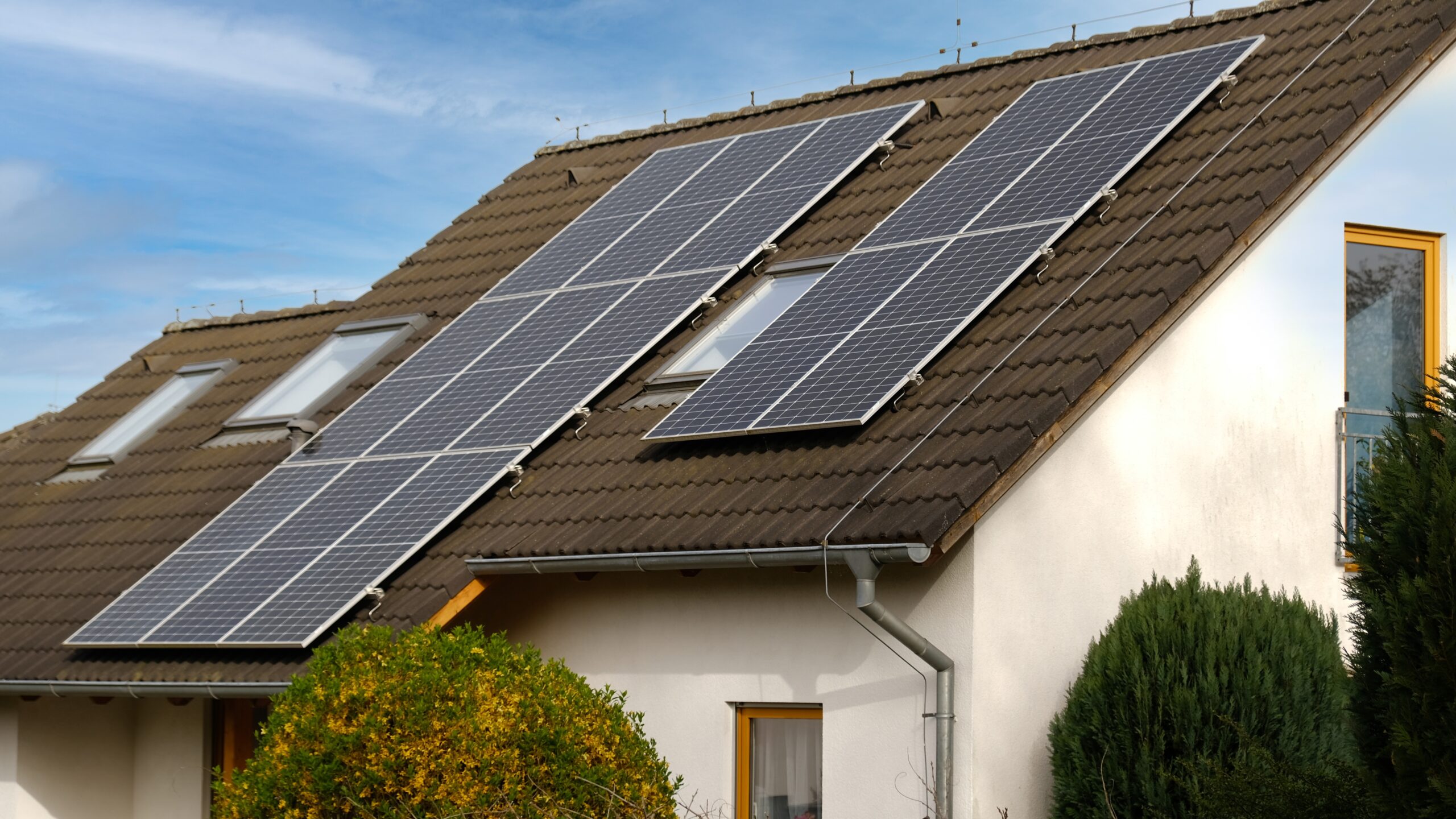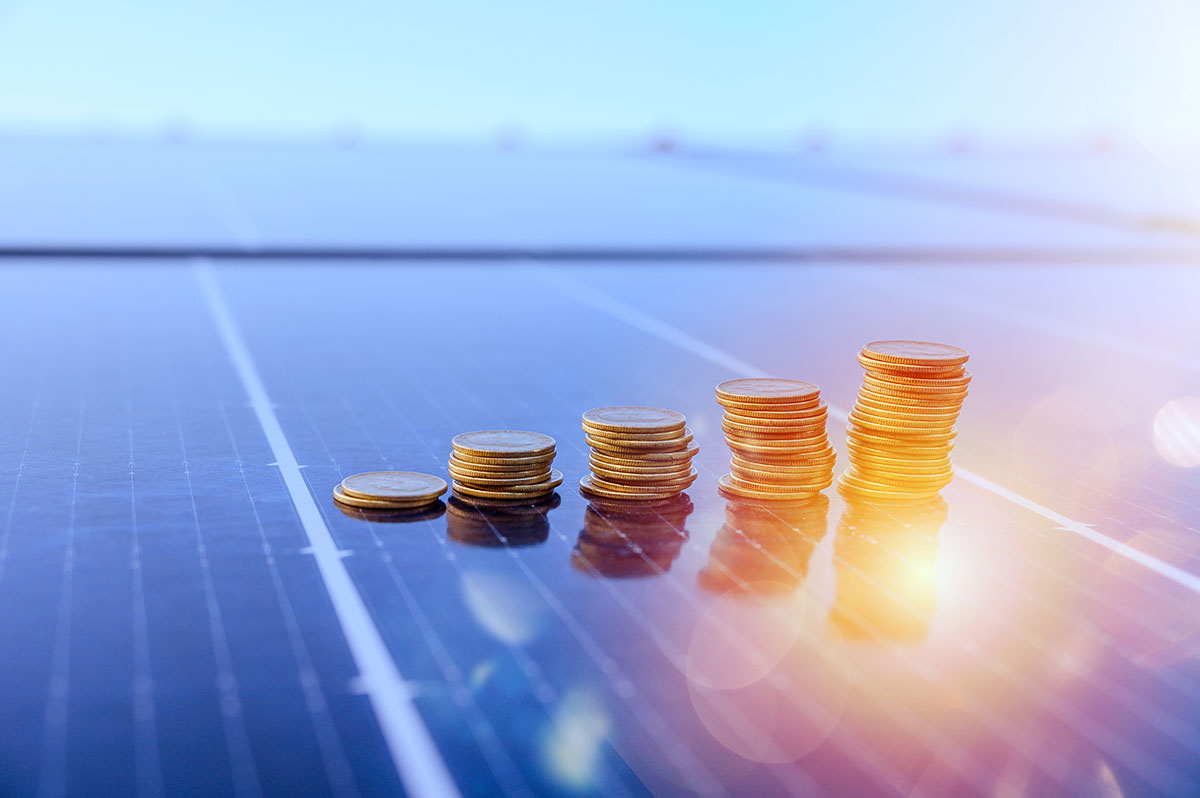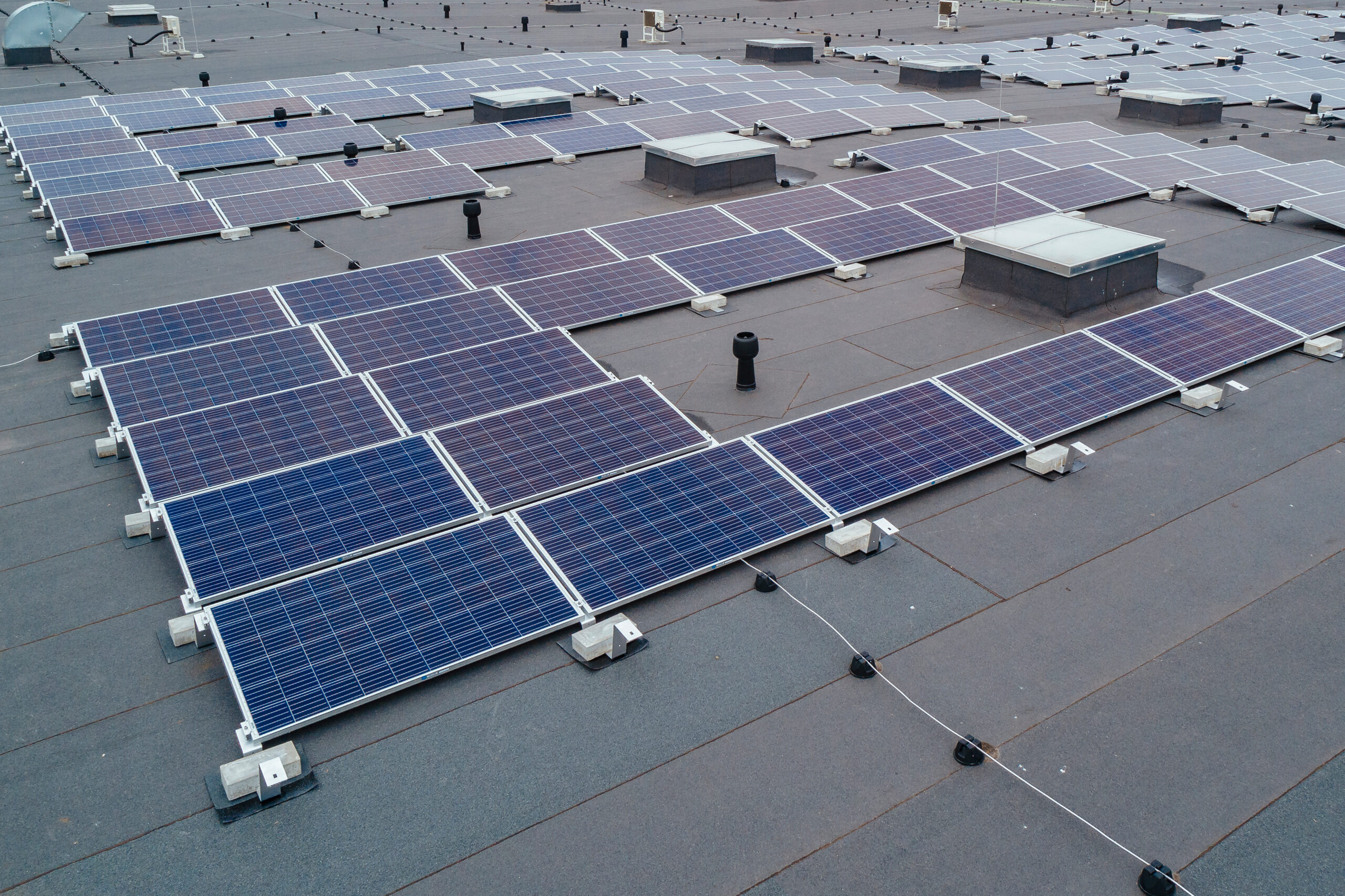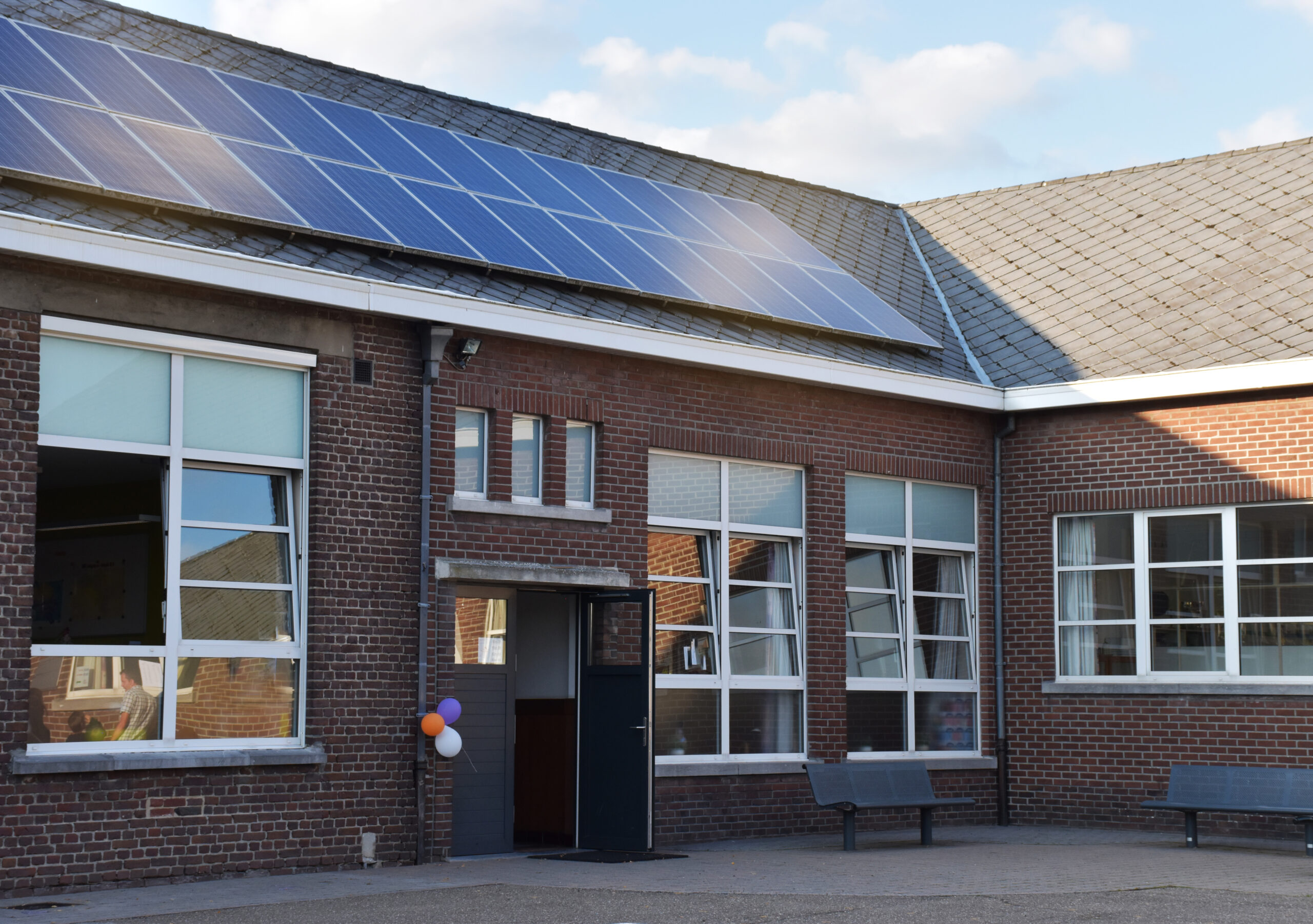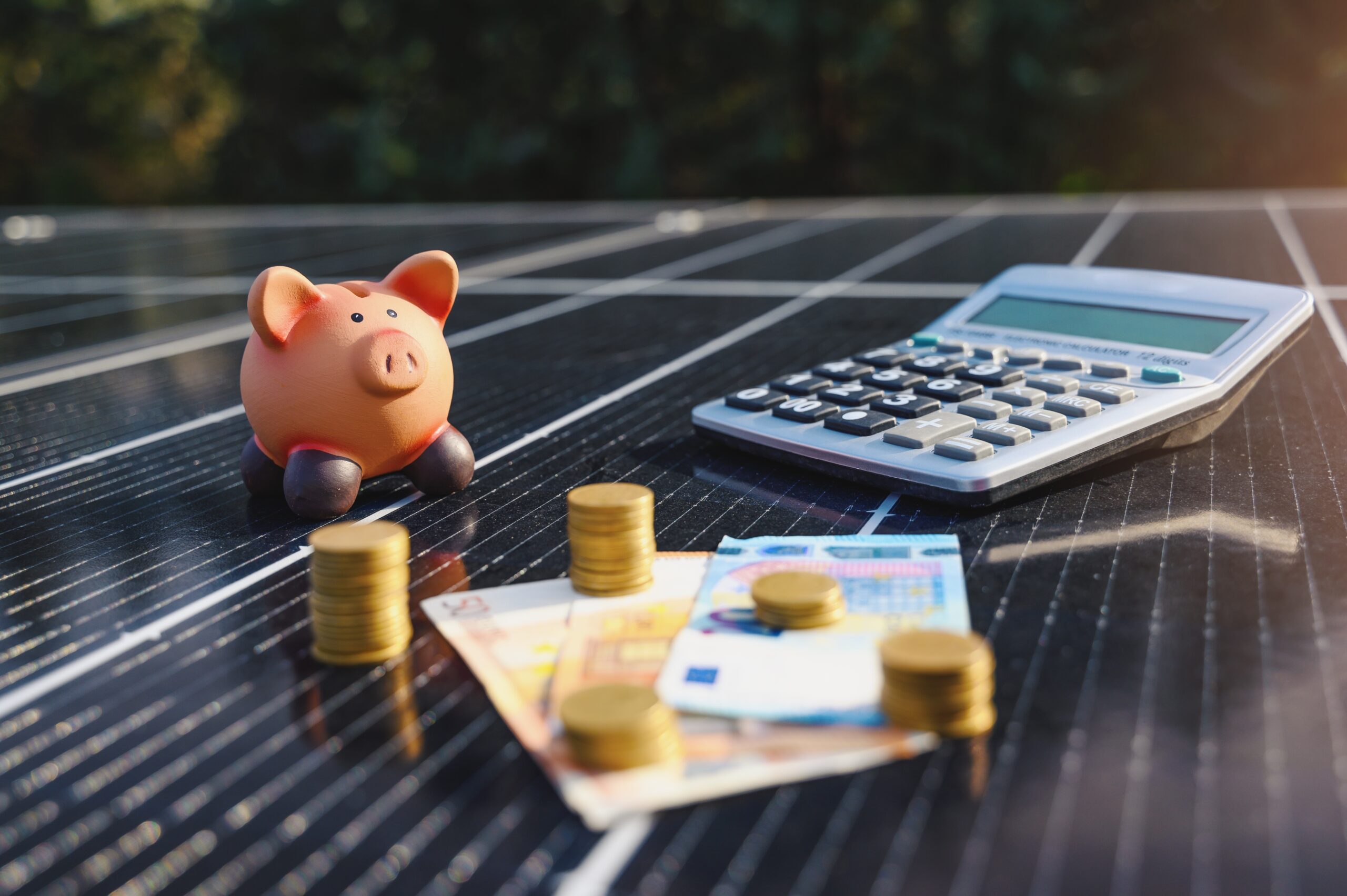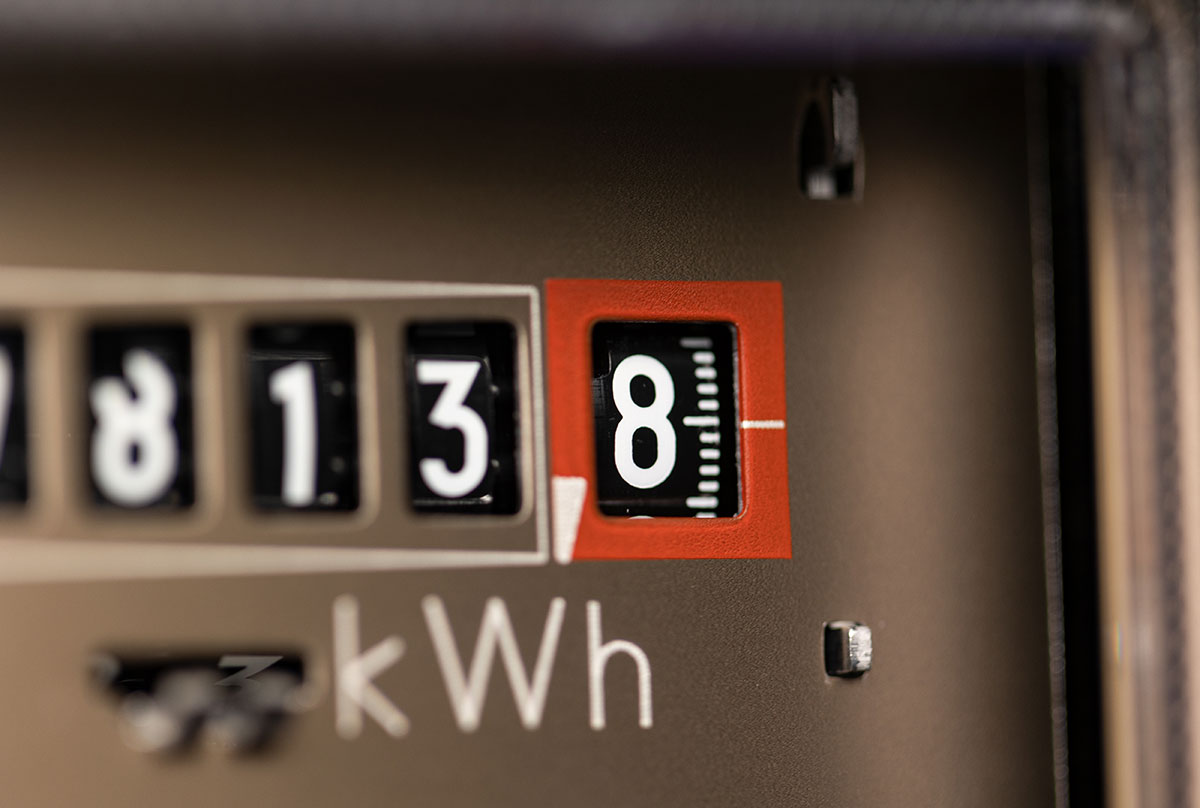
What is a kWh? Kilowatt-hours Explained
The world of energy is full of abbreviations, units of measurement and jargon which can sometimes be confusing. One of these terms is the kilowatt-hour (kWh), which is used by electricity providers to calculate how much you pay.
This page will explore what a kWh is and why it matters if you’re trying to reduce your energy bills.
The key takeaways:
What are Watts and Kilowatts?
Of the three letters, the kilo is the most self explanatory – meaning one thousand. So let’s look at the ‘W’ which stands for watts. You’ve likely seen 60 W or similar when buying a new lightbulb, or another electrical appliance.
A watt measures the rate at which power is transferred, and in practical terms it is used to understand how much energy something uses. You will find the wattage of an appliance on its packaging, for example a lightbulb which might be 60 W.
Kilo means 1,000, so a kilowatt is 1,000 watts, but what about kWh, or kilowatt-hours? The difference between a kilowatt and a kilowatt hour is that a kWh measures energy consumption over time.
A 100 W light bulb is 0.1 kW. So if the light is on for an hour, it would consume 0.1 kWh. If it is left on for 10 hours, it would consume 1 kWh.
A 1kW heater needs 10 times more power than a 100 W light bulb, so using this heater for an hour would also be 1kWh. The number of kWh you use over a 2-month period makes up the bulk of your electricity bill costs.
How many kWh does an average household use?
The average household electricity consumption is 11.5 kWh per day, or 350 kWh per month. This equates to 4,200 kWh over the course of a year, but households typically use more electricity in the winter months than in the summer.
11.5 kWh per day is an estimate based on the average yearly consumption, but it is a helpful starting point when you are looking at ways of reducing your bills. Each kWh that you save each day would likely reduce your electricity bill by between 5% and 10%.
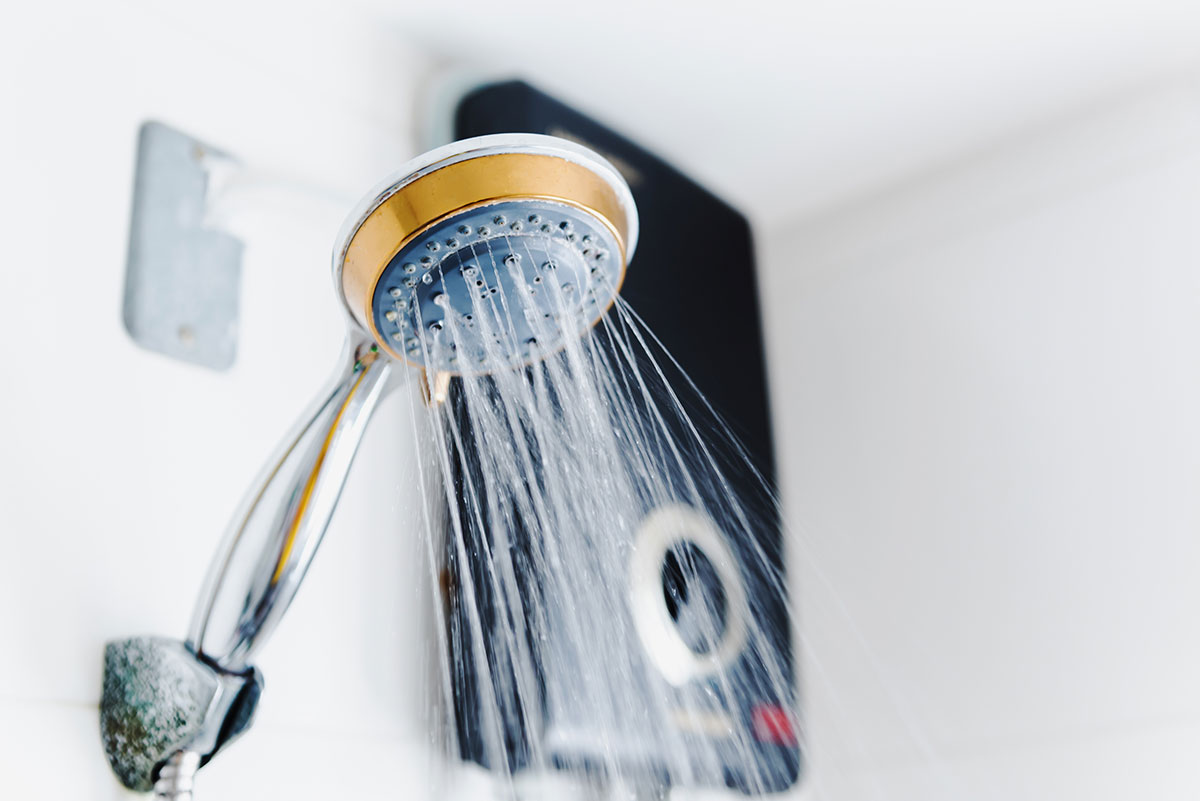
How many kWh do my appliances use?
Now we know the meaning of kWh, let’s look at some examples of how much time common appliances take to consume 1 kWh. Cutting down on the amount of time each appliance is in use will reduce your energy bills.
| Appliance | Watts | Time |
| Kettle | 2 kW | 30 mins |
| Electric Shower | 8.5 kW | 7 mins |
| Light bulb | 100 W | 10 hours |
| Electric Heater | 1 kW | 1 hour |
| LED TV | 60 W | 16 hours, 40 mins |
| Washing Machine | 1 kW | 1 hour |
Ways to Reduce your Electricity Bills
Switching Energy Provider
A great way of reducing your electricity bills is to switch providers once your discounted 1st year has expired. This is because energy suppliers offer discounts to new customers for 12 months, and the unit rate usually reverts to a standard rate after this time period, meaning thousands of households are paying hundreds of euros more than they should be on their annual bills. Switching providers is quick and easy, and can be done without giving notice to your current provider as long as your 12-month contract is up.
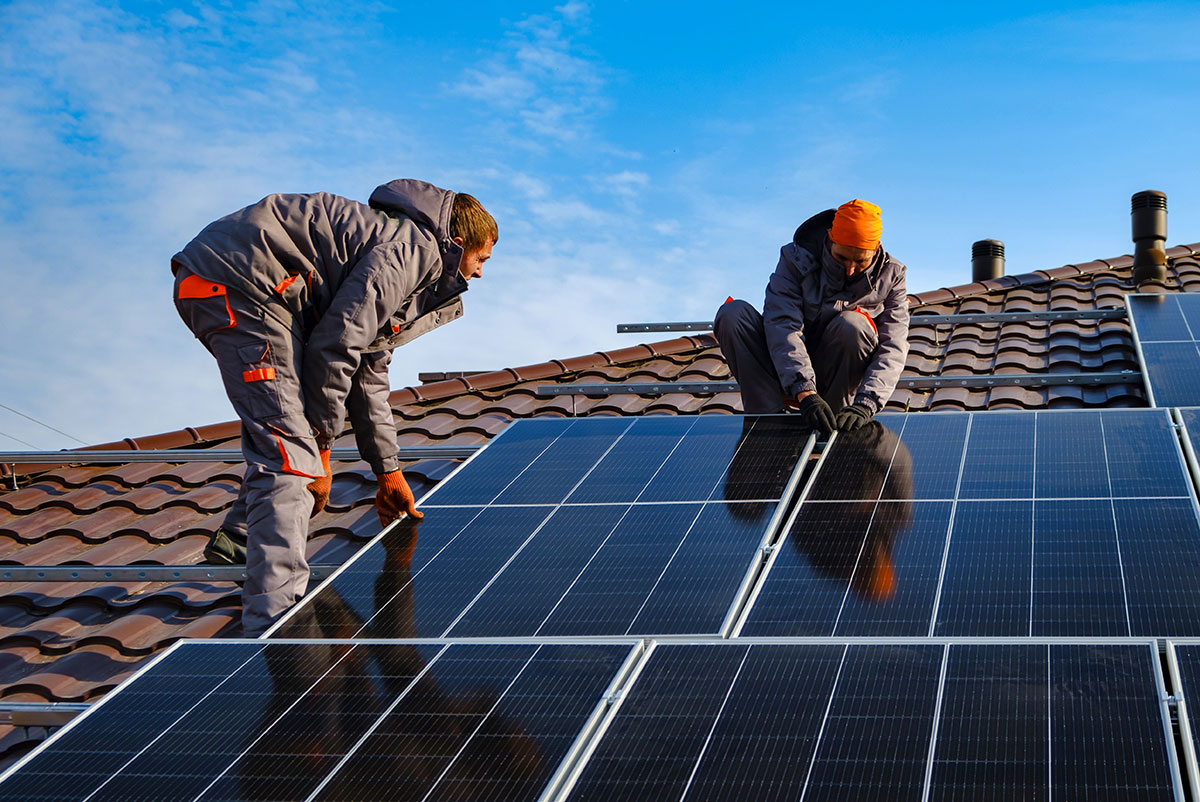
Improve your Home’s Energy Efficiency
Upgrades to your home’s energy efficiency can drastically reduce your energy bills. Improving your home’s insulation reduces the amount of heat lost either through the roof or walls, and replacing inadequate doors and windows can also prevent heat loss. Many homes are also installing solar PV panels as a way of saving money on their bills. Just 8 rooftop solar panels, could generate 3,000 kWh of electricity per year (around 70% of the average electricity usage), slashing your bill by hundreds of euros.
FAQs
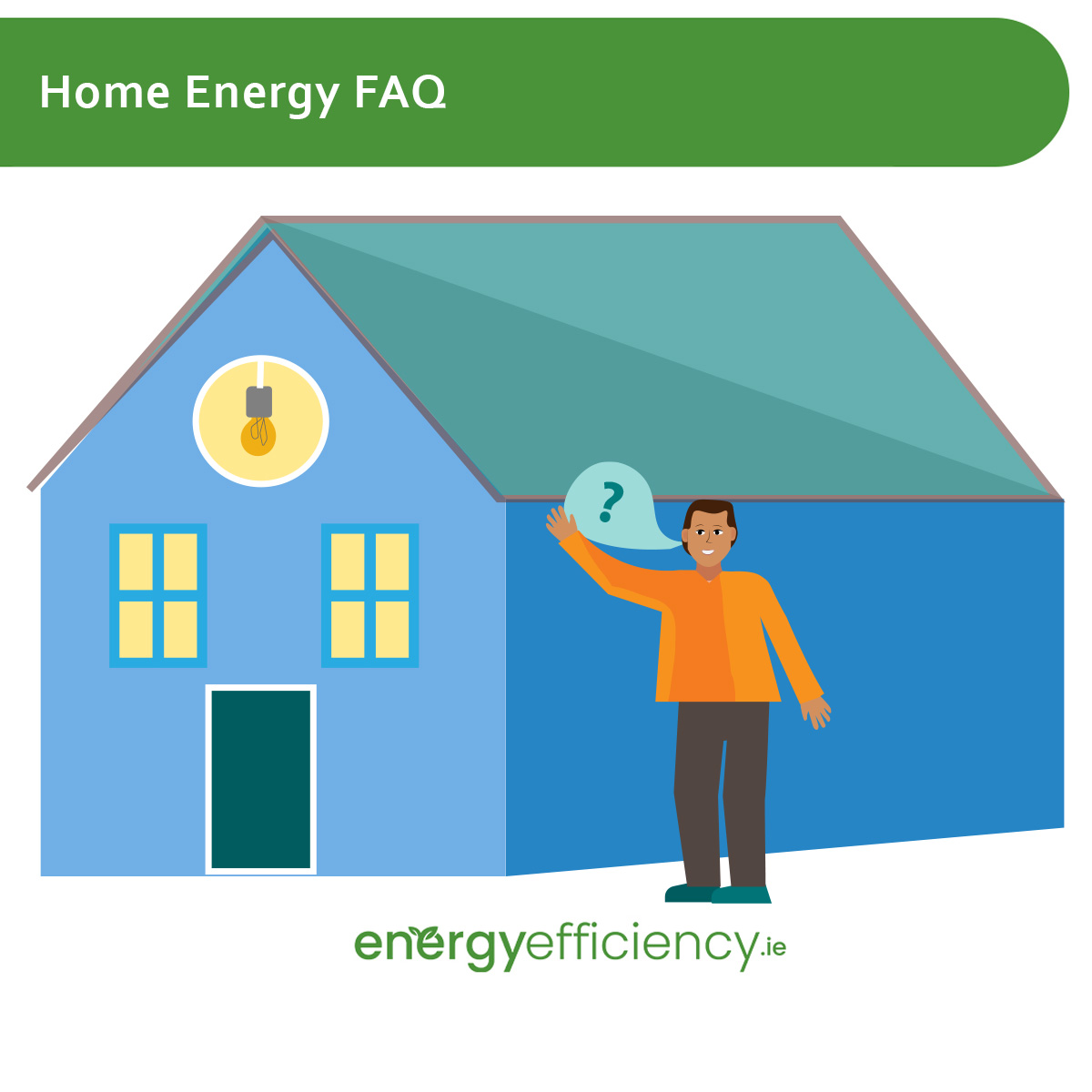
Author:

Michael Malone
SOLAR ENERGY EDITOR
Michael Malone is Solar Energy Editor at Energy Efficiency Ireland. He is committed to highlighting the benefits of solar PV for people across the island of Ireland, and is eager to clear up some misconceptions which linger among the Irish public regarding solar energy.
Author:

Michael Malone
Solar Energy Editor
Michael Malone is Solar Energy Editor at Energy Efficiency Ireland. He is committed to highlighting the benefits of solar PV for people across the island of Ireland, and is eager to clear up some misconceptions which linger among the Irish public regarding solar energy.
Popular Content 🔥
What is a kWh? Kilowatt-hours Explained
Written by
Last edited
18/07/2025
The world of energy is full of abbreviations, units of measurement and jargon which can sometimes be confusing. One of these terms is the kilowatt-hour (kWh), which is used by electricity providers to calculate how much you pay.
This page will explore what a kWh is and why it matters if you’re trying to reduce your energy bills.
The key takeaways:
What are Watts and Kilowatts?
Of the three letters, the kilo is the most self explanatory – meaning one thousand. So let’s look at the ‘W’ which stands for watts. You’ve likely seen 60 W or similar when buying a new lightbulb, or another electrical appliance.
A watt measures the rate at which power is transferred, and in practical terms it is used to understand how much energy something uses. You will find the wattage of an appliance on its packaging, for example a lightbulb which might be 60 W.
Kilo means 1,000, so a kilowatt is 1,000 watts, but what about kWh, or kilowatt-hours? The difference between a kilowatt and a kilowatt hour is that a kWh measures energy consumption over time.
A 100 W light bulb is 0.1 kW. So if the light is on for an hour, it would consume 0.1 kWh. If it is left on for 10 hours, it would consume 1 kWh.
A 1kW heater needs 10 times more power than a 100 W light bulb, so using this heater for an hour would also be 1kWh. The number of kWh you use over a 2-month period makes up the bulk of your electricity bill costs.
How many kWh does an average household use?
The average household electricity consumption is 11.5 kWh per day, or 350 kWh per month. This equates to 4,200 kWh over the course of a year, but households typically use more electricity in the winter months than in the summer.
11.5 kWh per day is an estimate based on the average yearly consumption, but it is a helpful starting point when you are looking at ways of reducing your bills. Each kWh that you save each day would likely reduce your electricity bill by between 5% and 10%.

How many kWh do my appliances use?
Now we know the meaning of kWh, let’s look at some examples of how much time common appliances take to consume 1 kWh. Cutting down on the amount of time each appliance is in use will reduce your energy bills.
| Appliance | Watts | Time |
| Kettle | 2 kW | 30 mins |
| Electric Shower | 8.5 kW | 7 mins |
| Light bulb | 100 W | 10 hours |
| Electric Heater | 1 kW | 1 hour |
| LED TV | 60 W | 16 hours, 40 mins |
| Washing Machine | 1 kW | 1 hour |
Ways to Reduce your Electricity Bills
Switching Energy Provider
A great way of reducing your electricity bills is to switch providers once your discounted 1st year has expired. This is because energy suppliers offer discounts to new customers for 12 months, and the unit rate usually reverts to a standard rate after this time period, meaning thousands of households are paying hundreds of euros more than they should be on their annual bills. Switching providers is quick and easy, and can be done without giving notice to your current provider as long as your 12-month contract is up.

Improve your Home’s Energy Efficiency
Upgrades to your home’s energy efficiency can drastically reduce your energy bills. Improving your home’s insulation reduces the amount of heat lost either through the roof or walls, and replacing inadequate doors and windows can also prevent heat loss. Many homes are also installing solar PV panels as a way of saving money on their bills. Just 8 rooftop solar panels, could generate 3,000 kWh of electricity per year (around 70% of the average electricity usage), slashing your bill by hundreds of euros.
FAQs

Author:

Michael Malone
SOLAR ENERGY EDITOR
Michael Malone is Solar Energy Editor at Energy Efficiency Ireland. He is committed to highlighting the benefits of solar PV for people across the island of Ireland, and is eager to clear up some misconceptions which linger among the Irish public regarding solar energy.
Author:

Michael Malone
Solar Energy Editor
Michael Malone is Solar Energy Editor at Energy Efficiency Ireland. He is committed to highlighting the benefits of solar PV for people across the island of Ireland, and is eager to clear up some misconceptions which linger among the Irish public regarding solar energy.


